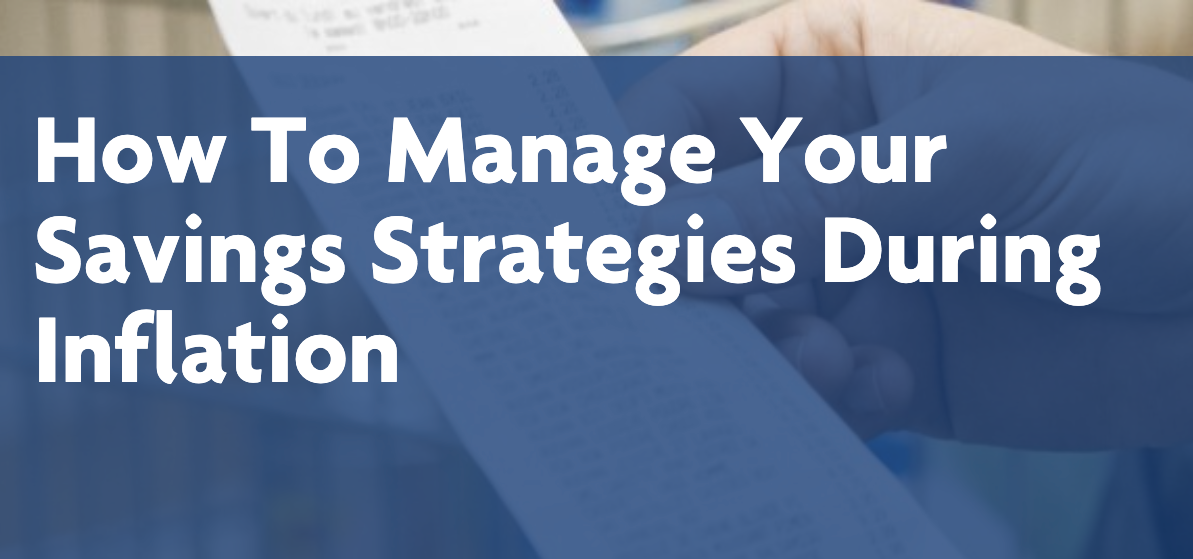Wintrust
A family of locally run community banks.
How To Manage Your Savings Strategies During Inflation
Even for the most diligent savers, inflation can stress their financial plans.
As the prices of goods and services rise — while wages generally don’t keep pace — many people are finding themselves financially stretched, while wanting to put away money for the future. Still, keeping steady in bolstering your savings is important whether you’re trying to meet short- or long-term goals.
Although it’s difficult to completely avoid inflation’s drag on savings, you can stay on track of your savings a few ways. Knowing the way you spend — and being willing to make some smart adjustments on your end — can set you up for financial success. Consider these four tips to help you manage your savings strategies during times of inflation.
Tip 1: Conduct a cost audit
By definition, inflation means rising prices. Doing your utmost to find the best price possible for small and big purchases can save you money, but being a smart shopper is not a cure-all, especially when some expenses are fixed. That’s when taking a closer look at your expenses might make sense.
Conducting a cost audit, or looking at where your money is going categorically, is one step that can help you. This approach involves reviewing your spending, usually with a monthly outlook, and asking yourself some critical questions along the way.
These questions could include:
- Which expenses do I consider to be essential?
- Which costs are variable (flexible), changing each month?
- Which costs are fixed and can’t be reduced, even amid inflation?
- What categories (i.e., food, travel, utilities) am I spending the most in?
- Which expenses can be reduced to a lower tier of pricing (i.e., media subscriptions, mobile plans, etc.)?
Knowing where your money is going as well as what kind of costs you must incur each month can help you determine where you want to reduce expenses overall, freeing up money for savings.
Tip 2: Reevaluate your budget
A good next step after you conduct your cost audit is to examine your budget. Now that you have a sense of which expenditures you can’t reduce versus those you have more wiggle room around, you can recalibrate your budget categories, updating them with new numbers.
For instance, perhaps you’ve identified your travel category as a place where you have flexibility in terms of your spending. By reducing how much you’re budgeting for travel, you can free up money for savings. Performing this action for all categories that don’t have fixed costs can bring down your overall expenditures each month, helping you reach your savings goals.
Of course, not everyone has a budget. However, now can be a great time to put one together, since a budget can help you be a prudent spender amid inflation. If you don’t know where to start, a financial professional can help you plan.
Tip 3: Refinance costly debt
You may not be able to pause monthly payments on things like credit card debt, auto loans or mortgages. However, you may be able to reduce how much you’re paying by refinancing.
Refinancing your debt can often help you secure lower interest rates, which can bring down the amount you’re paying each month, subsequently freeing up money for savings. Additionally, refinancing may enable you to get better payment schedules or overall terms on your debt, which can be another way to save money and enable you to put away cash you would have otherwise spent on debt payments.
Unsure where to start with refinancing? One way to explore refinancing options is by talking to a financial professional at a trusted financial institution who can help guide you toward the options that best fit your situation.
Tip 4: Invest in long-term savings products
Even if inflation means you don’t have as much money to put toward savings each month, you can make your cash work by paying dividends.
One way to do this is to consider investing in long-term savings products, especially as interest rates are rising amid the current inflation economy. These include high-yield savings accounts, money market accounts, certificates of deposit (CDs), and bonds. Alternatively, you can look into exchange-traded funds or mutual funds, which also tend to generate steady returns.
As you’re exploring this option, keep in mind how liquid you’d like your funds to be. If you’d like to be able to access your cash quickly, a savings vehicle, such as a high-yield savings account or money market account, will be a better choice than a CD, which requires you to invest for a certain fixed period (or incur a penalty).
Ultimately, although inflation may mean you can’t put away as much money as you’d like, you can strategize around your spending to help you save more, and make your money work as hard for you as possible.
Find more articles and blogs from Wintrust when you click here.






















